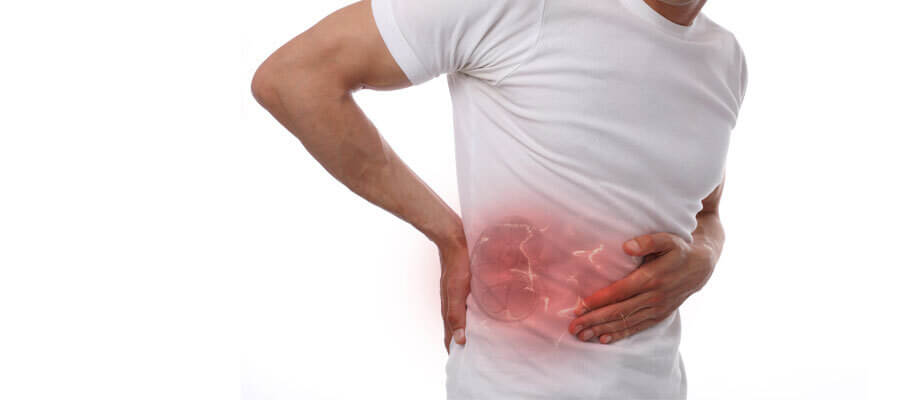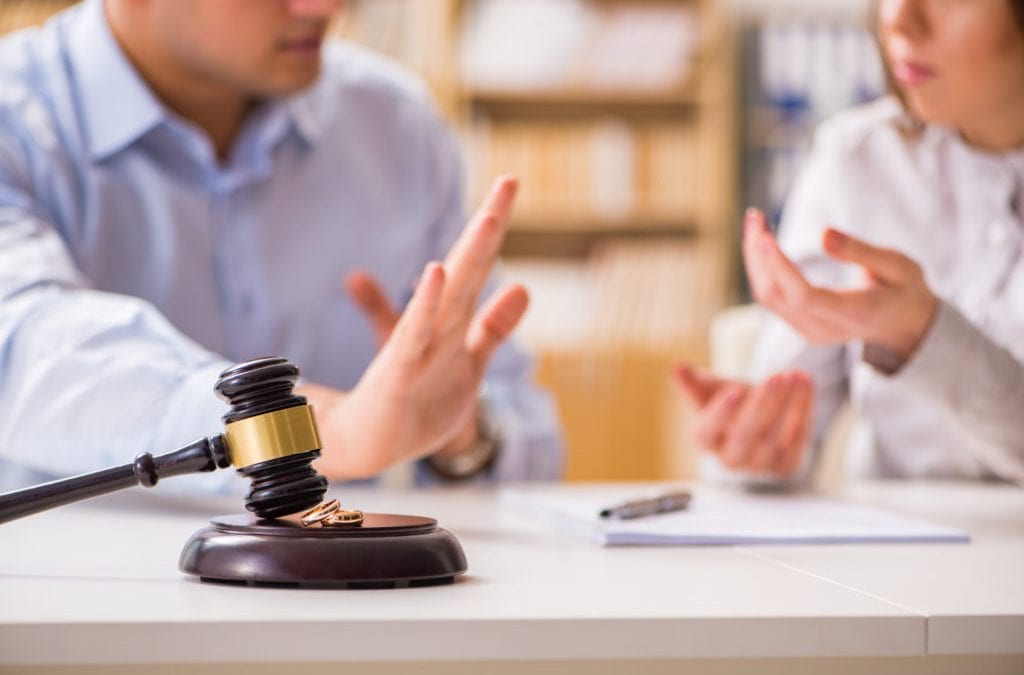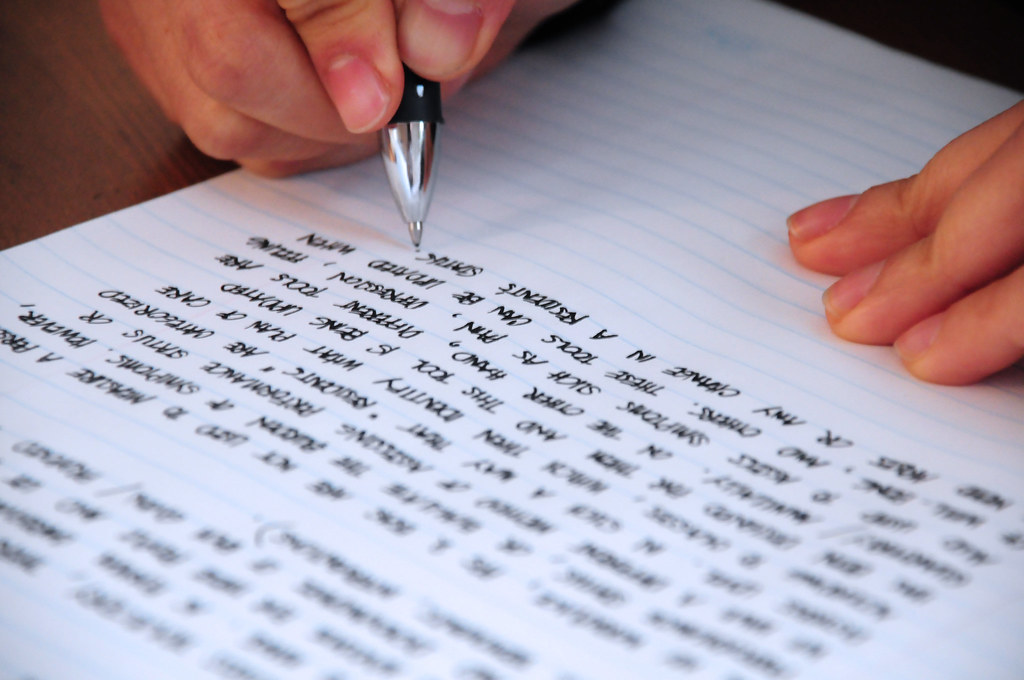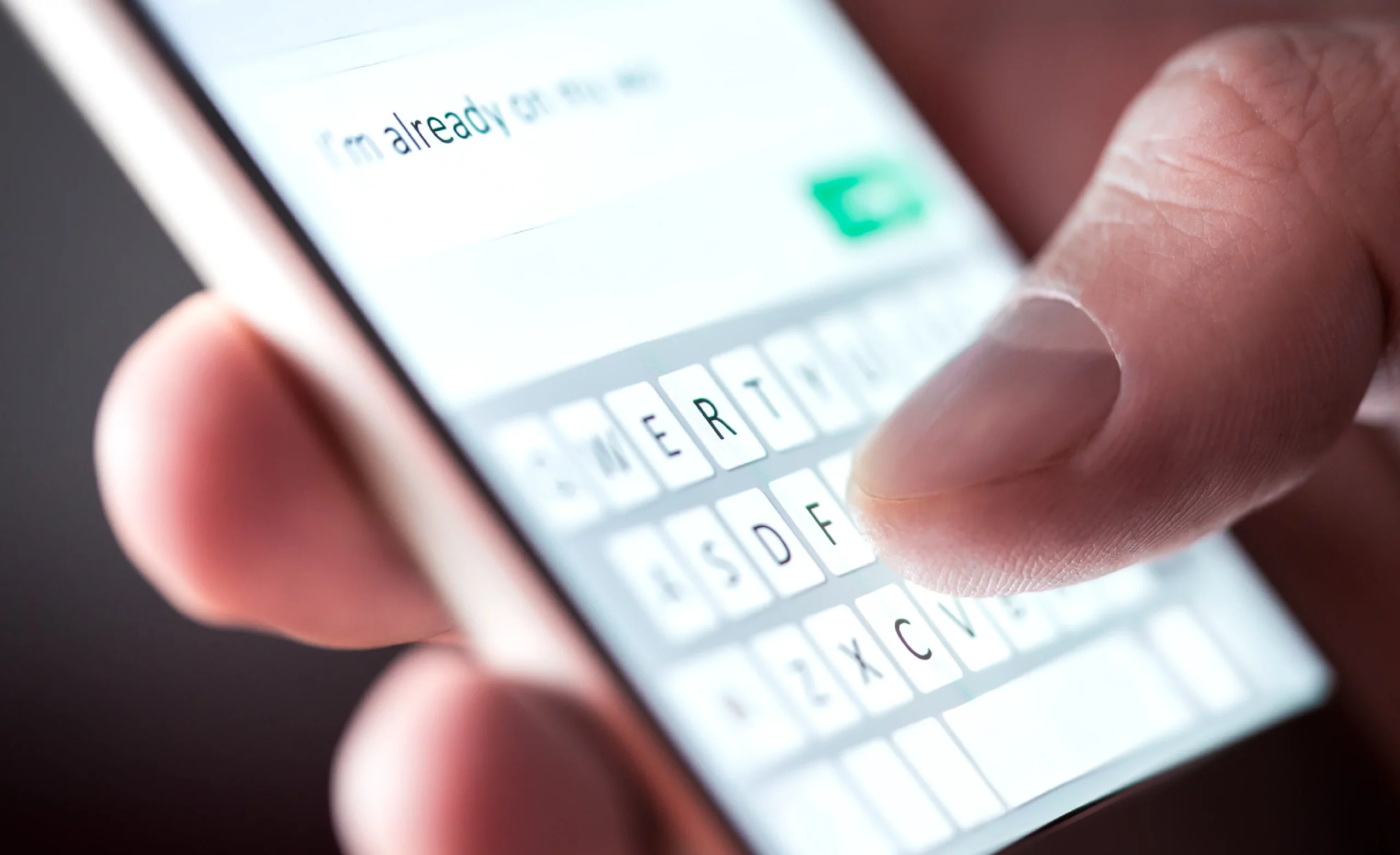The discomfort that originates from the location of the kidneys is called “kidney pain”. Under your ribs is the most common area to experience kidney pain. The pain can also be felt in the back, abdomen, or groin. Sometimes the pain may spread to your inner thighs or lower abdomen.
Kidney pain may be a dull, throbbing pain or a sharp ache. Other symptoms of kidney pain include fever, nausea and cloudy or dark urine. Muscle spasms may also be present. Other symptoms include bladder infections and small stones in the urine. The pain in your kidneys will only go away if you correct the problem, whether it’s by using medications to treat an infection, passing a stone or other treatments.
This blog will shed light on kidney pain and its causes, treatments, and more. Continue reading to learn how to deal with this health problem.
Causes of Kidney Pain
Utters connect the kidneys to the bladder. Kidney pain can be caused by problems with either of these two organs. Here are some common causes of kidney pain:
Kidney Stones
It is a solid mass of crystals along the urinary tract. This condition can lead to severe kidney pain and nausea. It may also cause vomiting, frequent urges to urinate or even traces of in the urine. People between 20 and 50 are most likely to develop kidney stones.
Kidney Disease
This is a type of urinary infection that usually moves from the kidneys to the bladder. The most common cause of kidney infection is bacterial infection. Lower back pain, bloody, cloudy, or swollen urine, as well as a need to urinate frequently, are all symptoms of kidney infections. HIV-positive and diabetic people are at greater risk of such infections.
Polycystic Kidney Disease
This genetic disorder leads to multiple cysts developing in the kidneys. This can lead to kidney damage due to enlargement. The pain can be chronic in the side or back. It can lead to kidney failure along with other complications such as high blood pressure and preeclampsia.
Injury
Physical injury or trauma can also cause kidney pain. These injuries can be caused by accidents, contact sports or blunt force trauma. It can cause urine to leak from the kidneys. You may also notice blood in your urine or a bleeding kidney.
Kidney Cancer
Kidney cancer is caused by the growth of abnormal cells within the kidneys. These cells can spread to other areas of the body. Cancer can cause symptoms such as persistent back pain, fatigue, anemia and sudden weight gain. Kidney cancer is caused by obesity, hypertension or chronic illnesses such as chronic kidney disease.
Urinary retention
This is a condition in which the bladder does not empty completely when you urinate. A blockage in the urinary system, an infection or swelling can cause urinary retention. This can be caused by nerve problems and side effects of various medications.
Kidney Pain Treatment
In order to determine the cause of kidney pain, you may have to perform a few tests. Some of these tests include a urine test, an ultrasound scan or a CT scan. Treatments for kidney pain can be different. The following are some of the recognized treatments.
Antibiotics
The first treatment for kidney pain is antibiotics. The symptoms of kidney infection can disappear after a few treatments. It may be necessary to repeat urine culture tests in order to confirm that the infection is gone.
Blood Pressure Medication
High blood pressure can increase kidney pain. The medication will help lower blood pressure and slow down the spread.
Drugs used for immunotherapy
These drugs help the immune system to fight abnormal cells and treat kidney cancer. The doctor will recommend these drugs based on the severity of the condition. Side effects of immunotherapy drugs include skin rashes and nausea.
Surgery
Small stones in the kidney can be removed effectively by urinating. The larger kidney stones are not able to be naturally passed. They are therefore removed via surgery. In the case of kidney stone, there are several types of surgery. The most common ones include shockwave lithotripsy (also known as ureteroscopy) and percutaneous nephrolithotomy.
Conclusion
The causes of kidney pain are varied and can be treated with medication or other treatment methods. Heating pads can help ease kidney pain. Ibuprofen, acetaminophen and other over-the-counter pain relievers can be used to treat kidney pain. Avoid beverages with high sugar contents, such as fizzy and caffeinated drinks.








